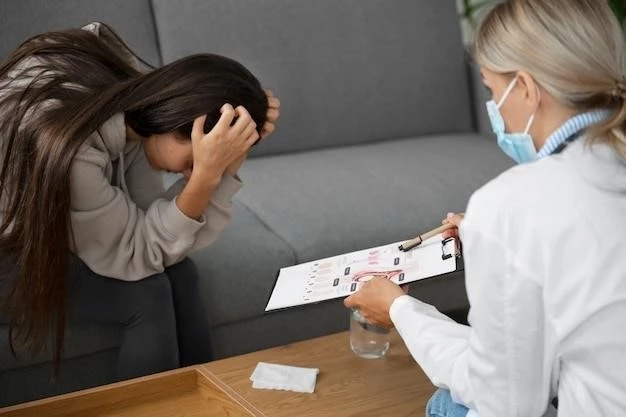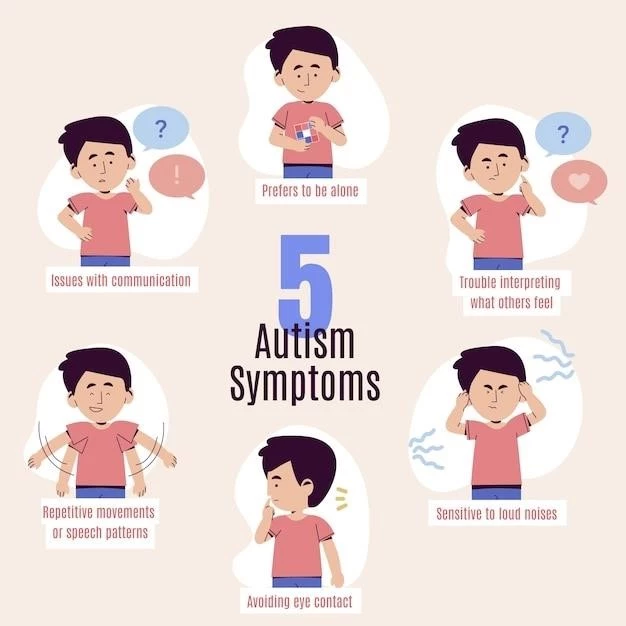Learn about the underlying causes and common symptoms of manual apraxia to better understand this condition and its impact on daily life.
Causes of Manual Apraxia
Manual apraxia can be caused by brain damage affecting the areas responsible for motor planning and coordination. Stroke, traumatic brain injury, neurodegenerative conditions like Alzheimer’s, and brain tumors are common underlying causes. Understanding the specific cause can help tailor treatment approaches for better outcomes.
Symptoms of Manual Apraxia
Individuals with manual apraxia may experience difficulties in executing purposeful movements, such as reaching for objects or manipulating tools. Common symptoms include inability to perform learned movements, awkward or inaccurate gestures, and challenges with tasks that require coordination. Understanding these symptoms is crucial for early detection and intervention to improve daily functioning.
Diagnosis and Assessment of Manual Apraxia
Early diagnosis through comprehensive evaluation is key to developing effective treatment plans for manual apraxia. Seek professional assessment for proper guidance.
Evaluating Manual Apraxia
Professional evaluation of manual apraxia involves assessing motor skills, coordination, and ability to perform purposeful movements. Observation, standardized tests, and imaging studies may be used to determine the extent of impairment. Seek a multidisciplinary team for a thorough assessment to guide the development of a personalized treatment plan.
Assessment Tools for Manual Apraxia
Various assessment tools are used to evaluate manual apraxia, including the De Renzi Test for Ideomotor Apraxia, the Birmingham Cognitive Screen, and the Apraxia Battery for Adults. These tools help clinicians identify specific impairments, measure progress, and adjust treatment strategies accordingly. Consult with healthcare professionals trained in using these assessment tools for an accurate evaluation and treatment plan.
Treatment Approaches for Manual Apraxia
Explore various therapeutic interventions and rehabilitation techniques to improve manual apraxia symptoms and enhance daily functioning.
Therapeutic Interventions
Therapeutic interventions for manual apraxia may include physical therapy to improve motor skills, occupational therapy to enhance daily activities, speech therapy for oral apraxia, and cognitive rehabilitation to address underlying cognitive deficits. Consult with a healthcare team to determine the most effective combination of therapies for individualized treatment.
Rehabilitation Techniques
Rehabilitation techniques for manual apraxia may involve task-specific training, mental imagery exercises, constraint-induced movement therapy, mirror therapy, and video-assisted interventions. These techniques aim to enhance motor planning, coordination, and execution of purposeful movements. Working with skilled therapists can help individuals with apraxia regain functional abilities and improve quality of life.
The Impact of Manual Apraxia on Daily Living
Understand the challenges faced and adjustments needed to adapt daily routines for individuals living with manual apraxia.
Challenges Faced
Individuals with manual apraxia may encounter difficulties in performing basic tasks like dressing, cooking, and communicating effectively. These challenges can lead to frustration, reduced independence, and impacted social interactions. It is essential to seek support, utilize adaptive strategies, and work with healthcare professionals to overcome these obstacles and enhance quality of life.
Adapting Daily Routines
Adapting daily routines for individuals with manual apraxia involves simplifying tasks, using visual cues or checklists, breaking down complex activities into manageable steps, and incorporating assistive devices or technology to facilitate independence. Establishing a structured routine, practicing regularly, and seeking help from occupational therapists can support individuals in effectively managing their daily activities despite the challenges posed by manual apraxia.

Research Advances in Manual Apraxia Rehabilitation
Stay informed about the latest therapies and future directions in manual apraxia rehabilitation for improved treatment outcomes.
Emerging Therapies
Stay informed about emerging therapies such as virtual reality training, non-invasive brain stimulation techniques, and novel pharmacological approaches that show promise in enhancing motor functions in individuals with manual apraxia. Discuss with healthcare providers to explore these innovative therapies as part of a comprehensive treatment plan.
Future Directions
Future directions in manual apraxia rehabilitation focus on personalized treatment approaches, integrating advanced technologies like robotics and artificial intelligence, further understanding the neurobiological mechanisms, and enhancing community support for individuals and families affected by manual apraxia. Stay updated on research advancements and collaborate with healthcare professionals to optimize outcomes in the evolving landscape of apraxia rehabilitation.
